Friday Featured Workshops
10:00 - 10:45AM
NYS TESOL Doctoral Student Forum
Facilitated by Justin Gerald, Doctoral Student, Hunter College, CUNY and Lubie Alatriste, Professor, New York City College of Technology, CUNY and NYS TESOL Journal Editor-in-Chief
This year‘s graduate student panel is focused on how we, as language scholars, can tackle inequity in our field and in broader society. What can we do through our teaching, our writing, our public engagement to make TESOL a more equitable field, and what are the challenges we face in doing so? All graduate students (and others with interest) are welcome to join us for a moderated discussion.
1:30 - 2:15PM
Teach Abroad with the English Language Fellow Program
Sponsored by the US Department of State English Language Programs
Anna Ciriani-Dean
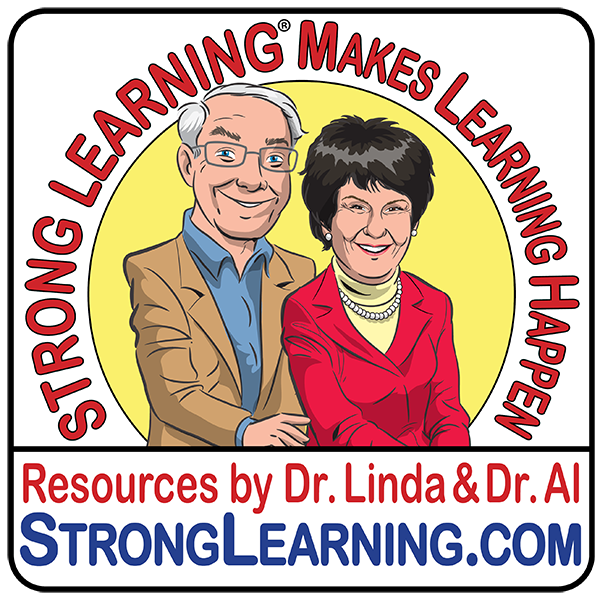
Strong Learning LEARN Method
Linda Silbert, Ph.D.
The Strong Learning LEARN Method helps all children learn to read because it is based on a quick assessment, engagement through fun, activation of body and mind through play, singing, lots of purposeful, playful, practice, and quick re-assessment. It incorporates the Orton-Gillingham approach and SEL competencies. K-3+.
Nooshan Ashtari
Professor, University of Southern California
Stephen Krashen
Emeritus Professor, University of Southern California
The Common Ground between Second Language and Heritage Language Acquisition
*Featured Research Presentation
The most common way of attempting to improve heritage language development and in many cases second language development has been through traditional instruction. We present three studies that lead to the conclusion that this path is not attractive for HL acquirers of Farsi: (1) attempts to read or study Farsi grammar books do not succeed: readers typically give up after reading about 5% of the books; (2) HL acquirers may buy the first book in a Farsi pedagogical series, but rarely buy other books in the series; (3) those who have experienced HL classes generally did not like them.
There are alternatives that have been both shown to be effective and pleasant. The most obvious: pleasure reading, shown to work very well for HL development and language acquisition in general. To our knowledge, this has never been considered for Farsi as a heritage language. It is about time we at least try it.
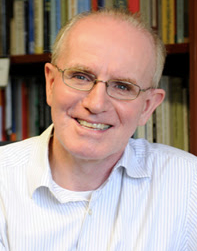
Michael O'Loughlin
Adelphi University
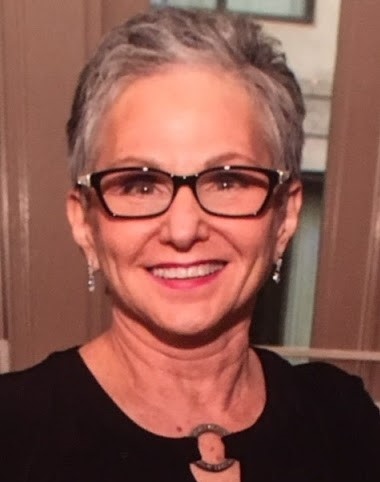
Susanne Marcus
ENL educator and consultant
Migrant Students and Trauma - Part 1
A clinical psychologist and an ENL educator explore socio-emotional and academic impacts of trauma on ELLs‘ ability to form new relationships, trust others, focus, learn, and self-regulate at school. Immigration, under the best of circumstances, includes separation, loss and challenges to one‘s identity, trauma-informed approaches to working with children will be shared.
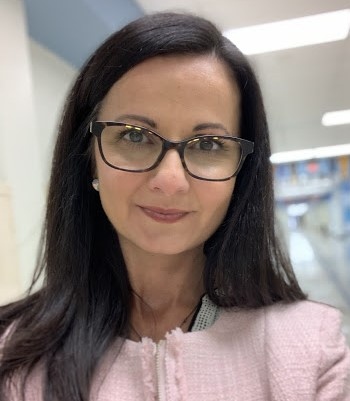
Valentina Gonzalez
Educational Consultant, Seidlitz Education
More than Scaffolding Reading: Validating, Affirming, Honoring ELs
Research points to the fact that the more students read, the stronger they become as writers and thinkers. Creating language-rich environments that validate, affirm, and honor young English learners is key to their progress in literacy development. Participants in this session will explore reading strategies that cultivate life-long readers.
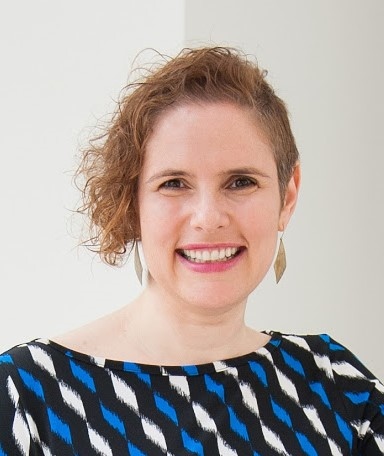
Tatyana Kleyn
Associate Professor, The City University of New York
Teaching Immigration Through Film: A Workshop for Secondary Educators
This workshop will share some short (and free) immigraton-focused documentaries and accompanying curricular resources. Participants will think through how they can use these multimodal resources with immigrant students as a way to validate their experiences and help them understand current immigration issues and how they impact people in their communities.
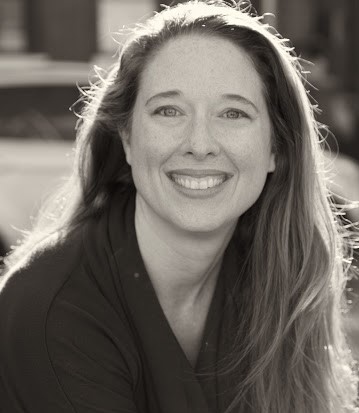
Jody Polleck
Culturally Sustaining-Responsive Instructional Reading Approaches for Emergent Adolescent Readers
Jody will share ideas for enhancing reading curricula so it is culturally responsive to our linguistically diverse adolescent students who are learning to read English. Participants will engage in a modeled lesson using Saddleback texts and collaborate with one another about ways to apply this work within their school communities.
Jody Polleck is an associate professor in literacy at Hunter College. She also works as a literacy coach and teacher for emergent bi/multilingual students in New York City. Her research focus is culturally responsive-sustaining and differentiated literacy instruction in secondary schools. She has published in over 20 different books and journals.
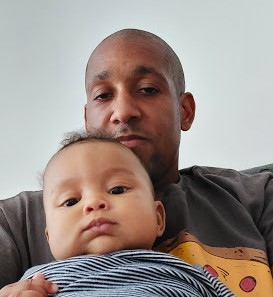
Justin Gerald
Doctoral Student, Hunter College, The City University of New York
Worth the Risk: Towards Decentering Whiteness in English Language Teaching
In this presentation, participants will be familiarized with presenter JPB Gerald's concept of the Altruistic Shield, the reflexive defensiveness common to purportedly prosocial careers that prevents an honest analysis of racism in the field. Participants will be given strategies for increasing their raciolinguistic literacy and engaging in productively discomfiting discussions about race and TESOL.

Sarah Creider
Teachers College, Columbia University
Standing up for Our Community: an Upstander Workshop for Teachers
This workshop will offer concrete skills for teachers (and others who work with language learners) who want to advocate for their students by responding skillfully to racism and zenophobia in our daily lives.

Devin Thornburg
Adelphi University
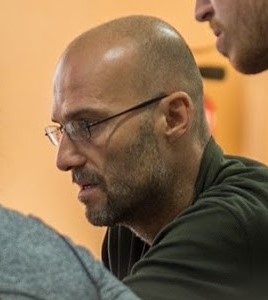
Óscar Ceballos
CIEE, Sevilla
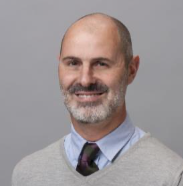
Carlos Piñeda
CIEE, Sevilla
Virtual Study Abroad Collaboration
Collaborative Study Abroad is a virtual experience offering students meaningful and reciprocal interactions with members of a host community in the aftermath of the COVID-19 crisis. It takes into consideration UNESCO‘s COVID-19 Global Education Coalition for inclusive education across the world, helping students acquire key communicative skills by creating and sharing personal narratives amongst peers using the most essential tools of journalistic writing and photographing and of video reporting.
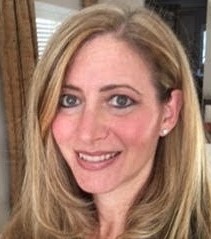
Kelley Cordeiro
Long Island RBERN at ESBOCES ESL/Bilingual Programs
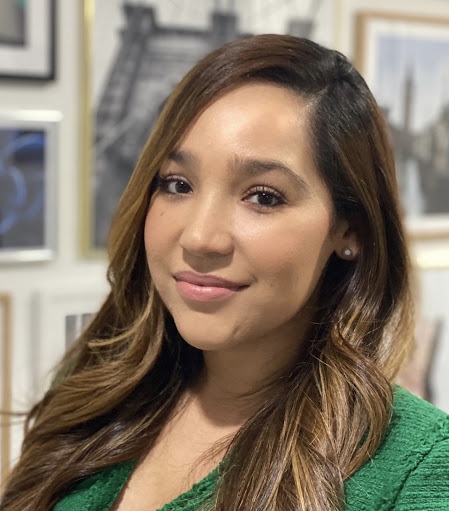
Erica Flores
Long Island RBERN at ESBOCES ESL/Bilingual Programs
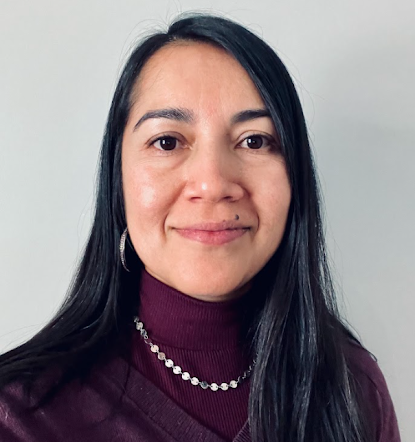
Yanira Stoker
Onondaga Cortland Madison BOCES
Bitmoji Classrooms: Exploring and Creating Culturally Responsive Virtual Learning Spaces
This session provides teachers with meaningful ways to integrate linguistically supportive and culturally responsive Bitmoji classrooms into their instructional delivery model, whether in a remote or hybrid instructional environment. We will model how the Bitmoji classroom cultivates a student friendly, interactive learning experience while also creating a classroom culture promoting student voice and autonomy. We will also explore how the Bitmoji classroom addresses the social emotional needs of our students by facilitating opportunities for student to student, and student to teacher engagement even during remote learning. Participants have the option of joining a "Taller de Bitmoji" breakout session to explore the resources provided and work on designing their own Bitmoji environments.
